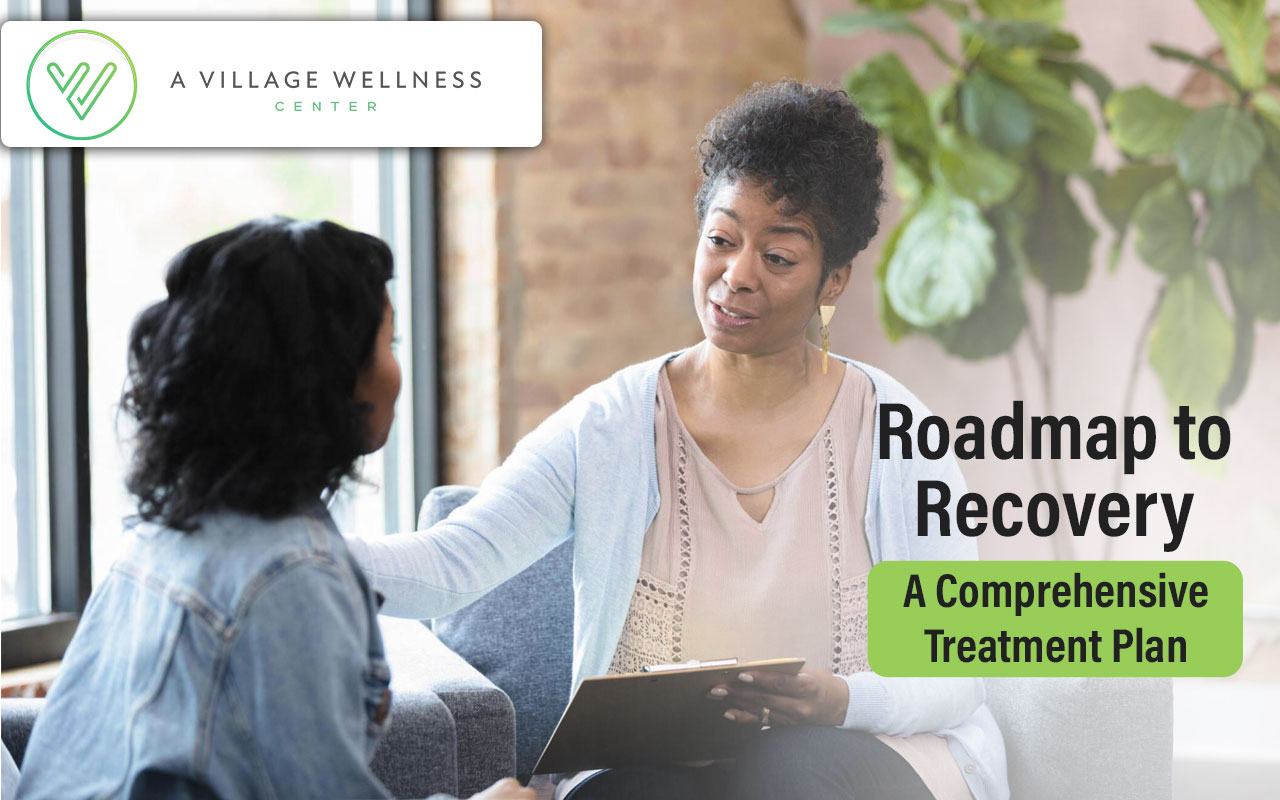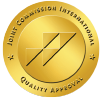Substance abuse is a deeply rooted issue that involves many aspects of people’s and families’ lives, and this phenomenon is seen worldwide. Whether it is alcohol, prescription drugs, or illicit drug use, the abuse has multiple effects that can range from relationship to health issues and eventually legal complications, which freely deprive one of the quality of life. Unfortunately, Over 70,000 Americans die from illicit drug use each year, underlining the need for an immediate and comprehensive treatment plan for substance abuse.
Here comes the visit of the comprehensive treatment program – a lighthouse to people with difficulties in the abuse of substances. This approach is more holistic and takes up all the physical, psychological, and social aspects of addictions hence it is structured and a more sure and better way of achieving recovery.
With a supportive recovery treatment plan in action, a person who is struggling with drug abuse has a higher rate of success.
Understanding Substance Abuse Treatment
The treatment plan for substance abuse is a comprehensive and complex scheme with an individual approach, which lists and ensures the application of different techniques and contacts needed to treat the patient’s disease. Doctors, therapists, and counselors are commonly the ones who create the list of things that can be done by the patient.
Developing a treatment plan aims to keep a client sober and support him to improve his quality of life.
Key Components That Make Up An Effective Treatment Plan
Assessment
Before creating a treatment plan, doctors investigate the patient’s substance use history and physical, mental, and social health. It helps find the best actions and personalize the plan to the individual’s needs.
Goal Setting
The importance of physical and mental wellness and relationship repair are obvious, achievable goals in a treatment plan. These goals are generally split into smaller, attainable milestones to track therapy success.
Interventions
Addiction treatment usually targets physical, psychological, and social issues. This includes detoxification, behavioral therapy, medication-assisted treatment, and counseling.
Monitoring and Adjustments
A treatment plan is evaluated and altered as the patient progresses and needs change. Healthcare practitioners assess and adjust the plan to ensure success.
Aftercare
A complete treatment strategy includes aftercare for lifelong substance abuse recovery. Counseling, support groups, and other tools may help the person stay sober and avoid relapse.
Residential Treatment Plan for Substance Abuse
Residential treatment programs involve 24-hour professional care for addicts who are seeking treatment. These amenities can become an enticing distraction threatening the patients’ fundamental cure.
Depending on the patient, residential treatment can vary relatively from several weeks to even months. Various offerings such as medications, interactive sessions with a residential counselor, and therapy sessions with a residential therapist are provided to them to help them combat addiction and develop life skills like proper coping mechanisms in the recovery process
Benefits of Residential Programs
Along with extensive care, the critical advantage of residential treatment programs is the possibility of receiving it. Individuals can receive immediate medical, psychological, and other services 24/7, with 24-hour supervision and assistance.
Persons such as individuals who are people with a very bad addiction or co-occurring issues with their mental health can also benefit from this.
Residents build community and practice good health habits through rigorous ordering. The fact that they are isolated from the circumstances and relationships that caused the substance abuse, therefore, makes them concentrate more on their recovery
Types of Therapies Offered in Residential Settings
Residential treatment programs handle addiction’s complexity with many therapies. They include:
- One-on-one therapy to understand addiction and develop coping skills.
- Sharing experiences, receiving peer support, and learning from others.
- Behavioral therapies like CBT and DBT assist people in identifying and modifying problematic thought patterns and behaviors.
- Families are participating in family therapy to increase communication and support.
- Mind-body and well-being therapies include yoga, meditation, art therapy, and equine therapy.
Substance Abuse Treatment in Maryland
Maryland, like many states, struggles with substance misuse. The Maryland Department of Health reports a surge in substance abuse-related mortality, with heroin and fentanyl being the main culprits. Alcohol and prescription drug abuse are also common in the state.
Severely sick states brought very hard efforts to be made by the government as well as the community to make treatment available to substance abusers. Apart from the outpatient programs that help those struggling with opioid addiction, inpatient programs, MAT, and residential therapy programs are also available.
Unique Features of Treatment Programs in Maryland
Maryland Rehabilitation Center for substance abuse places a strong focus on the holistic recovery process, offering comprehensive treatment plans for substance abuse. Those dealing with mental illnesses could opt to do yoga, meditation, and art therapy in the same place where psychotherapy sessions and drug administration take place.
In doing this, it is also the case that a more holistic approach that pursue that endeavors to address the physical, mental, and emotional addiction for a more complete treatment experience.
In addition to Maryland starting the Overdose Survivors Outreach Program (OSOP) to aid opioid survivors, other restrictions have been applied. Some states have added to the availability of the naloxone, which can reverse the opioid overdose.
Creating a Personalized Treatment Plan
A thorough individual assessment is essential to designing an effective treatment plan for substance abuse treatment. This assessment lets healthcare providers personalize treatment to the patient’s needs and circumstances.
Healthcare experts analyze the patient’s substance use history, physical and mental health, familial and social interactions, and co-occurring disorders. This information helps identify the cause of addiction and decide the best treatment.
Individual, Healthcare Provider, and Family Collaboration
The patient, doctors, and family establish a customized treatment plan. This collaborative approach ensures the treatment plan reflects patient preferences, goals, and support system.
Healthcare providers collaborate with patients to create a plan that matches their values and goals. The patient’s family may also support and encourage them during treatment.
Setting Realistic Goals and Milestones
A specialized therapy technique requires realistic rehabilitation goals and milestones. Specific, measurable, achievable, relevant, and time-bound are SMART goals. Make goals to track progress and stay motivated during treatment.
Recovery goals may include sobriety, health, relationship rehabilitation, and craving and trigger control. Progress toward these goals is marked by milestones, providing motivation.
Key Elements of a Treatment Plan for Substance Abuse
Detoxification Process
Substance abuse treatment generally begins with detox. It involves detox and managing withdrawal. Medical supervision is needed for detox to guarantee patient safety and comfort.
Behavioral Therapies
Behavioral therapies are essential to treating substance dependence by changing attitudes and behaviors. These therapies can be given in individual, group, or family settings to help people cope, communicate, and manage addiction concerns.
Read More: Understanding The Mental Health Intensive Outpatient Program
Medication-Assisted Treatment (MAT)
MAT combines medicines with counseling and behavioral therapy to treat substance use problems. MAT is beneficial for opioid and alcohol use disorders, reducing cravings, preventing relapse, and improving treatment outcomes.
Aftercare and Relapse Prevention
Aftercare and relapse prevention are essential to therapy, helping people stay sober. Counseling, support groups, and sober living communities are aftercare options. Relapse prevention involves understanding triggers and learning to handle cravings and stress.




